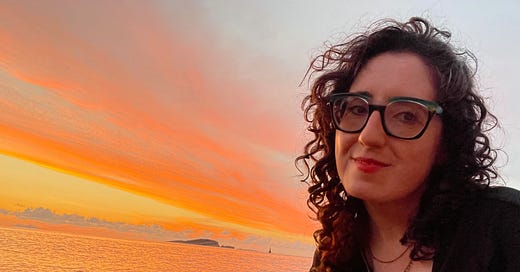You asked for more on FLOW STATES.
Ask and you shall receive!
FLOW STATES
One reader questioned whether it is the opposite of Attention Deficit Hyperactivity Disorder (ADHD). It does seem to partially be the case in my review. In ADHD, people often have trouble focusing and paying attention, and they may experience mental restlessness. In flow states, the opposite happens.
So many are diagnosed with ADHD these days but it’s hard to know what criteria is being used. Is it safe to say that all of our attention is divided so do we all have ADHD? One can certainly conclude that. There is a lot of drug dealing some necessary some overkill. Healing methodologies like flow states embolden our role in the improvement of our brain health.
We live in an attention economy where attention is a commodity. I protect my attention now with dear life. That act alone is rebellious.
Flow states lead to a host of physiological benefits including:
(Pretty darn impressive list, if you ask me!)
Reduced stress and anxiety levels
Increased feelings of happiness and satisfaction
Improved cardiovascular health (lower heart rate and blood pressure)
Reduced inflammation
Increased immunity
Increased mental clarity and creativity
Improved sleep quality
Enhanced learning and memory
When I experience flow, it is like a brain relaxation state. Flow states can lead to a healthier, happier, and more productive body and mind. When in flow, dopamine is released (kind of like with device scrolling). This neurotransmitter makes you feel more relaxed, optimistic, energized, and dedicated to the task at hand. People are so focused and engaged in the activity that they forget about everything else.
I would rather be in a flow state than lulled to numbness by unhealthy consumption, wouldn’t you. There are many ways to biohack our dopamine responses (more biohacks later).
Thank you, Angie, for sharing the gift of your flow state masterpiece! I love it!
SLEEP
My brain works so much better when it can be restored during sleep.
Additional sleep tips provided below by reader, Dr. Frederick Sierles, a retired physician, my med school professor, and a major influencer of my ability to still creatively think (hopefully more on his research on pharma and doctor prescribing habits later). He says:
“Use bedroom only for sleep or sex. No TV, books, computers or cellphones in bedroom. Go to bed only when you’re sleepy. If you don’t fall asleep in 10-15 minutes, leave bedroom and sit in a minimally lighted room, do something relaxing until you’re sleepy again, then return to bed. Tossing and turning is unhelpful.”






